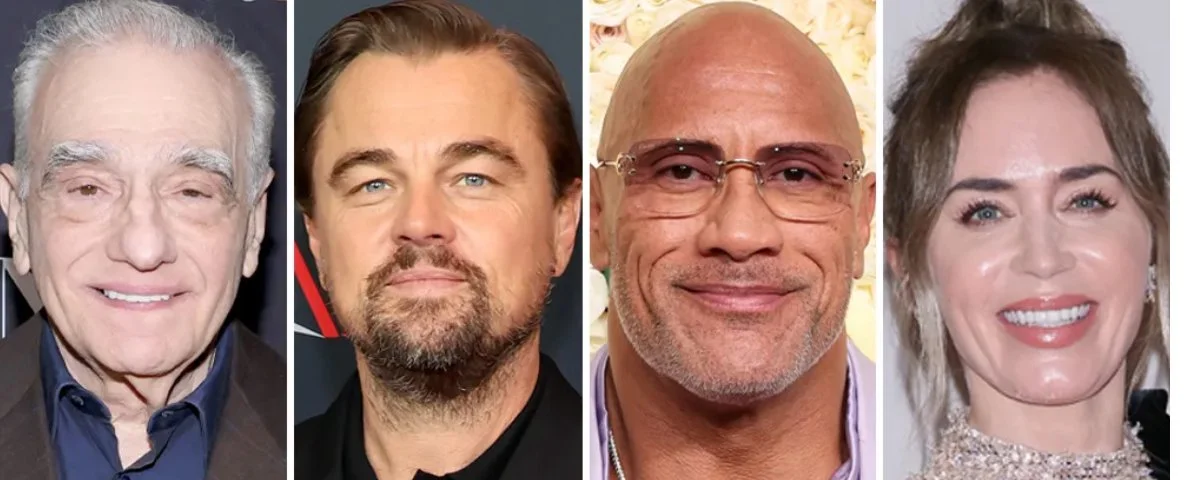In this era of “trigger warnings,” Ethan Hawke and Richard Linklater, who have “Blue Moon” premiering at the Berlin Film Festival, spoke out on the timid and all-too-safe way movies are being made today.
“For great offensive art, audiences have to care. They don’t sell. You guys, the community, has to make it important. For offensive art to have a place in our conversation, it has to be cared about,” Hawke said. “When we prioritize money at all costs, what we get is generic art that appeals to the most amount of people.”
Hawke added: “It’s a dance we all do together. If you love offensive art, demand it because people don’t think they’ll make any money.”
Linklater, whose credits include “Dazed and Confused,” “Boyhood” and “The School of Rock,” elaborated on Hawke’s sentiments but pointed out that he’s a unique case in that he’s managed to make films without compromise. “ There is probably less offensive art than there has been in the past,” Linklater said. “I don’t think I’ve compromised at all. It’s a low-budget film. There’s no pressure. I don’t have complaints about compromise.
An assortment of filmmakers and actors have come out with practically the same conclusions as Hawke/Linklater including Quentin Tarantino, Terry Gilliam, Kenneth Lonergan, Paul Schrader, Martin McDonagh, Walter Hill, Vince Vaughn and Jerry Seinfeld, among others, who all pointed out the current fear to offend as stifling creative expression.
It’s no big secret that quality U.S. filmmaking has been struggling this decade, and the major studios’ obsession with watered-down franchises has surely not helped. However, it's not just the big studios; indie filmmaking has also seen a dip in great films. There's definitely the need to be less offensive, less edgy, in terms of storytelling and character. As a whole, many creatives are now too scared to offend.





